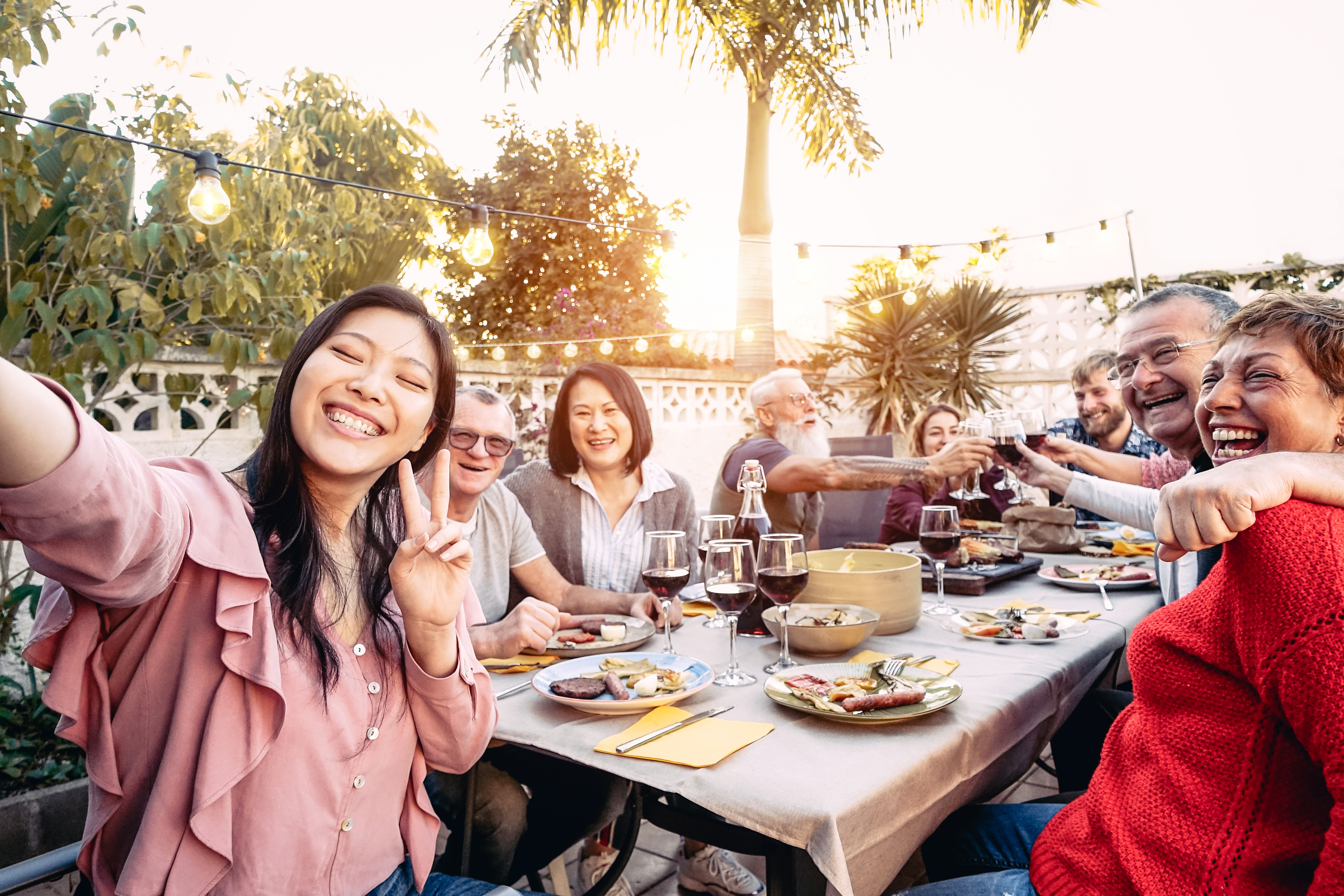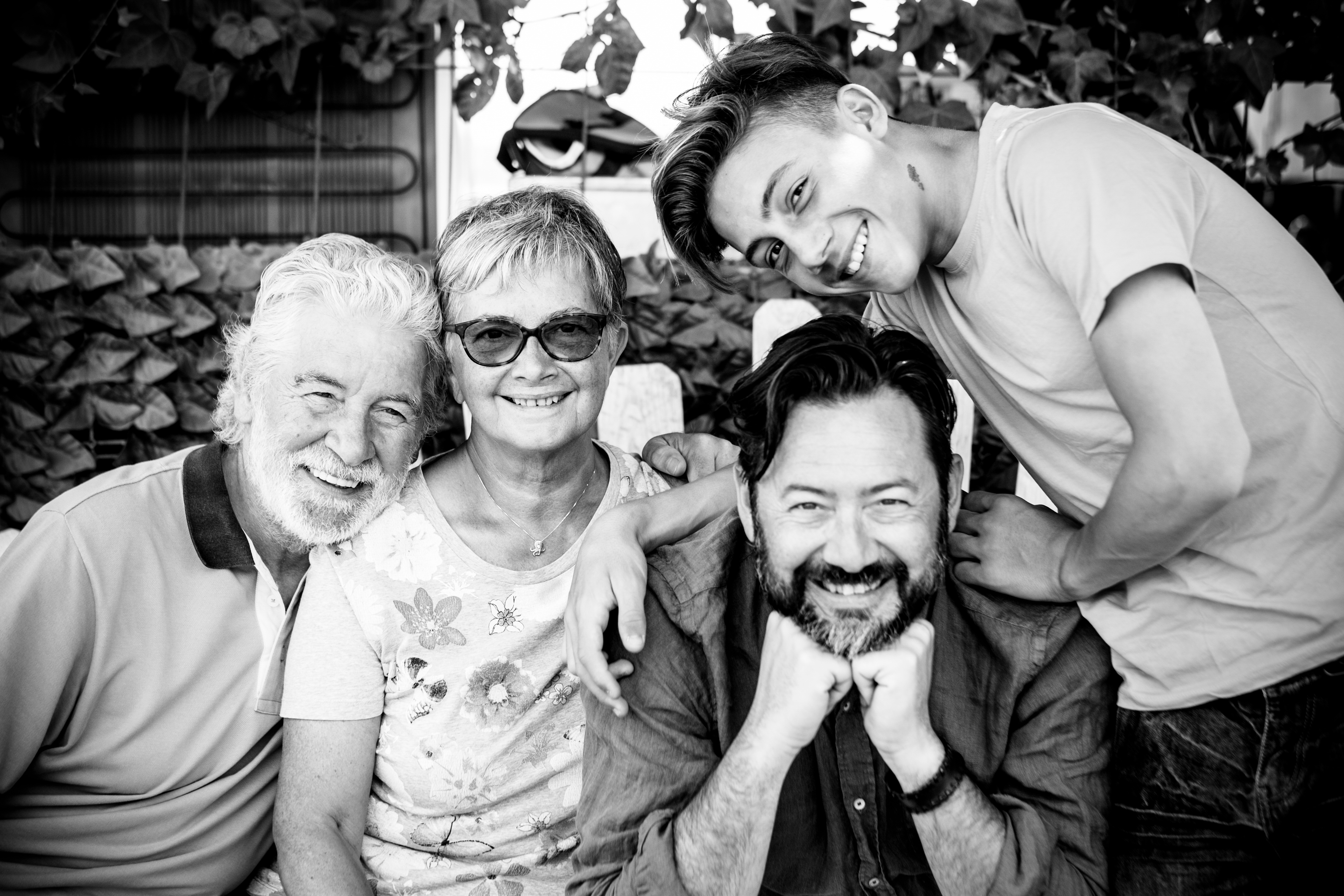Keeping Traditions
 Traditions are beliefs or behaviors passed down from one generation to the next within a specific culture or society. Keeping traditions alive is important, as they teach subsequent generations about a shared past.
Traditions are beliefs or behaviors passed down from one generation to the next within a specific culture or society. Keeping traditions alive is important, as they teach subsequent generations about a shared past.
Many times, traditions are rooted in a person’s nationality, culture and/or religion. Keeping traditions alive helps to establish a centered cultural identity. For children, this is especially important for healthy emotional development. Practicing traditions together teaches common values, builds relationships and fosters a sense of belonging among the entire ohana.
Traditions also connect young children to their ohana and place of origin, providing a sense of security and continuity. This can include holidays, rites of passage and community values. Many cultural traditions have been in place for generations, and keeping them alive maintains a sense of connection to the past.
 Practicing Traditions with Your Ohana
Practicing Traditions with Your Ohana
• Ensure teens and young adults actively participate in traditions, as they are often role models for younger keiki.
• When possible, practice traditions when you already have ohana time set aside, like on the weekends.
• Pursuing mutual interests, playing games, visiting a family memorial, volunteering, or going for special outing are good examples of traditions that aren't expensive and don't take a lot of time.
• Evolve beyond holidays by weaving traditions and shared activities into your lives throughout the year.
• Extended family might change over time, but core traditions can remain. If you used to have a big Thanksgiving meal at tutu’s house but she recently passed away, continue the tradition of having dinners and use some of her favorite recipes.
We create and maintain these ohana traditions because they bring meaning to shared experiences and nurture special bonds. Most importantly, traditions create good memories by fostering connection and providing a sense of belonging.



